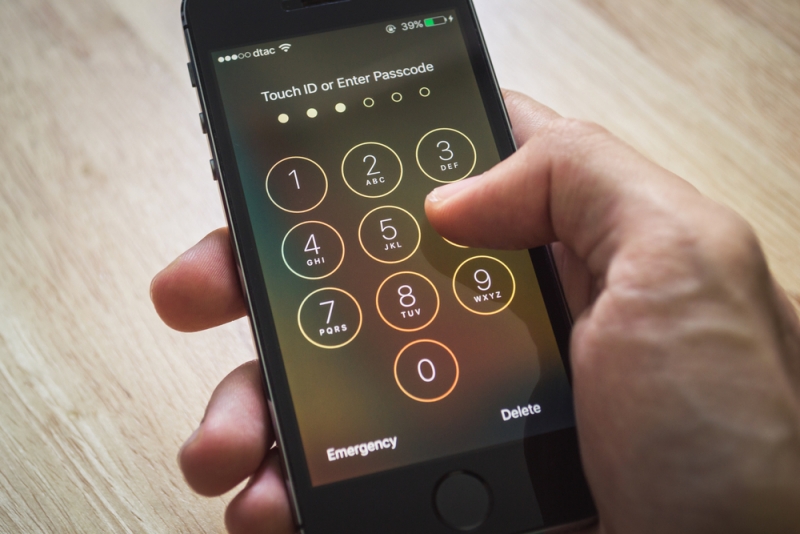
Last week, it was reported that Apple had received a massive boost in its upcoming trial against the Department of Justice when, in a similar case, a New York Magistrate Judge ruled that the Cupertino company could not be forced to unlock an iPhone 5s owned by an accused drug dealer. Now, authorities are looking to have this decision overturned.
Brooklyn judge James Orenstein said that he had no legal authority under the 227-year old All Writs Act to order Apple to access the data on the suspect’s iPhone. The law is the same one that the Justice Department wants to use to compel Apple to unlock the San Bernardino shooter’s work-issued iPhone in the upcoming California trial.
New York authorities want Apple to help them access the data on Queen’s resident Jun Feng’s device, which is locked with a passcode. If an attempt to brute force the code is made, there is a risk that all the data on the iPhone will be deleted as there is no way to tell if the auto-erase feature is enabled. The prospect of losing all the stored information is the same scenario faced in the San Bernardino case.
In its filing on Monday, the Justice Department has asked that a higher ranking judge, Margot Brodie, hear the case. It adds that Apple has the capability to bypass the passcode of iPhones with operating systems that predate iOS 8 - as it has done for authorities many times in the past - therefore it does not need to build new software for the task. For reference, the iPhone in the New York case runs iOS 7, whereas the one in the California case uses iOS 9.
In light of the debate that has recently come to surround this issue, it is worth briefly noting what this case is not about. Apple is not being asked to do anything it does not currently have the capability to do.
Apple may perform the passcode-bypass in its own lab, using its own technicians, just as it always has, without revealing to the government how it did so. Therefore, granting the application will not affect the technological security of any Apple iPhone nor hand the government a ‘master key.’
Apple argues that just because it complied with past judicial orders to unlock iPhones doesn't mean it agrees with the process. The government also claims that Apple had initially agreed to help authorities access Feng’s iPhone, but changed its stance once the California case hit the spotlight.
Judge Orenstein's ruling was a major setback for the government, as it could set a precedent and hamstring its case against Apple. Responding to the new DoJ filing, the iPhone maker said: “Judge Orenstein ruled the FBI’s request would ‘thoroughly undermine fundamental principles of the Constitution’ and we agree. We share the Judge’s concern that misuse of the All Writs Act would start us down a slippery slope that threatens everyone’s safety and privacy.”
Apple’s federal court hearing in California is scheduled for March 22. The outcome of this privacy vs. security trial could have tremendous implications for tech companies, and influence the way the government monitors it citizens.
Image credit: Wachiwit / Shutterstock
https://www.techspot.com/news/64025-doj-appeals-new-york-court-ruling-apple-cant.html